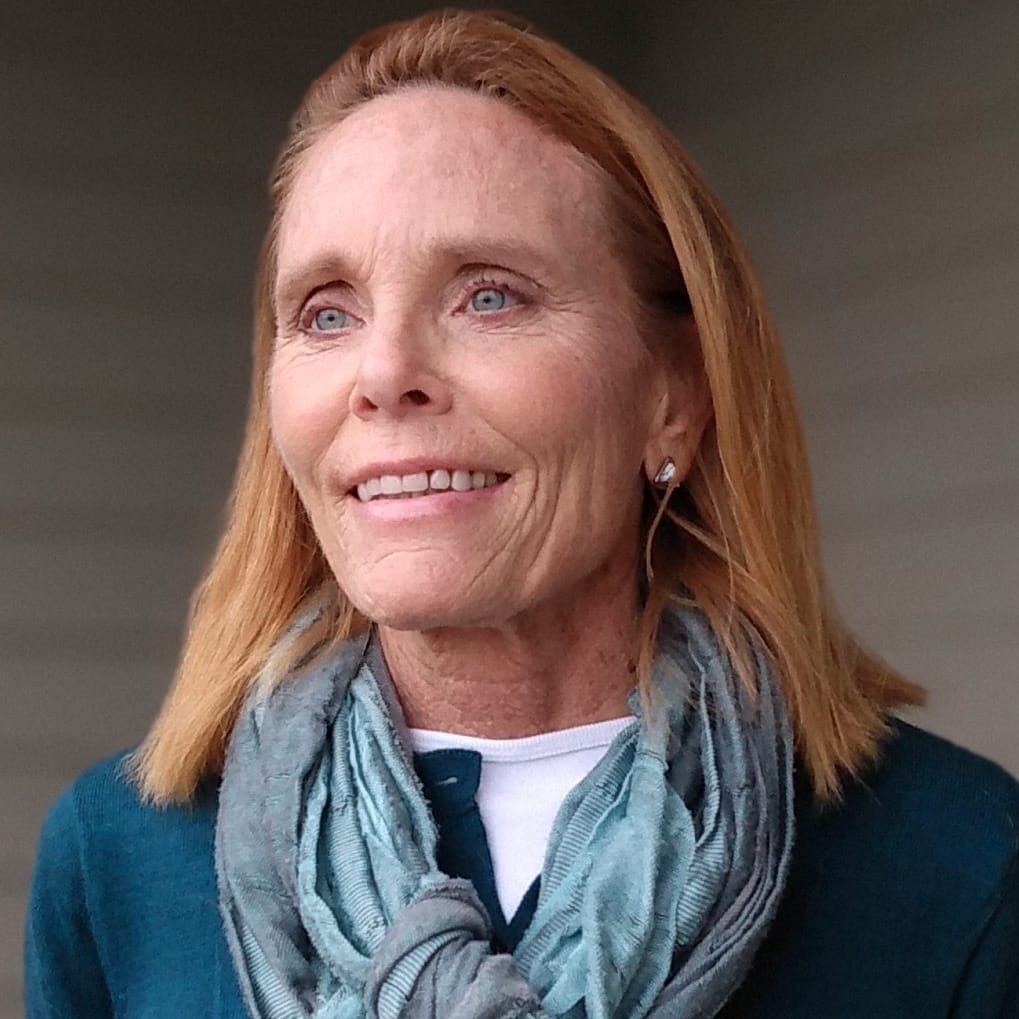
Kim Holland shared her story in November 2022.
Not long after my grandmother died, my mom worked with our family attorney to outline her wishes for her end-of-life care. My mother did not want to be in the same position her mother had been. Grandma had dementia and spent her last decade curled in a fetal position, unaware of anyone or anything, while my mother worked as a nurse in the retirement facility where Grandma was a resident. More than once, I remember Mom saying, “What is so fabulous about living to age 93 if the last 10 years are spent in a total void?”
Mom was pretty fanatic about her quality of life versus quantity of days. She loved getting up early to walk before everyone else woke up. She found joy in a good cup of coffee and gathering with friends. She was active in her church programs, Meals on Wheels, Red Cross blood drives and teaching Norwegian needle crafts. An excellent cook, she read cookbooks like they were novels, stacking them up on her nightstand for bedtime reading, and whenever she visited a new place, she always bought a cookbook there.
As a nurse, Mom was very aware of the results of tragic car accidents, strokes and falls. She was extremely concerned about her ability to communicate and care for herself should she develop dementia like her mother or become incapacitated in some other way.
To that end, she made sure each of her three children had a copy of her health directive; her sister, doctor and attorney also had copies. While my father was living, my mother had been very clear with him about what she wanted at the end of life, but once he was gone, she did not want to leave anything to chance. Anyone who knew her for more than half an hour probably knew her thoughts on this matter.
In May 2003, we threw a 70th birthday party for Mom. We rented a location and got balloons, the whole nine yards. Some people seemed to think it was odd or excessive to throw a big birthday party for a 70-year-old, but my mom, my brothers and I didn’t care and we all had a great time.
Mom was having lunch with a friend four weeks later when an aneurysm burst in her brain. The restaurant called 911, an ambulance took her to the local hospital, and from there she was airlifted to the Mayo Clinic in Minnesota. When I got the call about what had happened, I rushed home, pulled out Mom’s health directive and drove to Mayo.
The Emergency Department neurologists at Mayo told me that on a scale of 1-10, Mom’s aneurysm was an 8.5. Later that evening, a nurse called to say that the pressure in Mom’s brain was increasing and the doctor felt surgery was necessary. With naive hope, I asked the surgeon what cognitive abilities or enjoyment of life the surgery would restore. The answer was not what I wanted to hear; the surgery would simply relieve the brain swelling, nothing more.
I showed the doctor Mom’s health directive, which made clear how important it was to her that she remain mentally aware, continue to feed herself and be able to communicate with others. Then, I called my brothers in Florida, who fully supported me in honoring her directive. Because of it, we knew what she would have chosen for herself under these conditions.
The surgery never took place, and Mom passed away two days later.
At the funeral, a number of people said, “Aren’t you glad you did that birthday party?” During the service, the pastor cited Mom’s love of cooking and dedication to healthy living, joking, “Well, I know everyone up in heaven will be eating healthier now.”
Later, I received a letter from Mom’s neurologist that stated what a genuine gift our mother had given us in clearly expressing her wishes. He wrote that he often saw families divided by conflicting ideas of what their loved ones would have wanted. His letter affirmed my mother’s foresight in planning ahead regardless of the state of her health. Sometimes things happen quickly. While Mom feared dementia, it was something totally different and out of the blue that brought her to essentially the same place as her own mother. My brothers and I were just grateful that she had prepared for that moment.
While it was extremely difficult to stop that surgery, we were 100% confident that it was the right decision for Mom, because she was the one who had made it well in advance. We were fortunate her directive was clear and that she had shared it with us and others. We knew what constituted quality of life for her, with no second guessing. Without that, too many people end up where they don’t want to be.
Mail contributions directly to:
Compassion & Choices Gift Processing Center
PO Box 485
Etna, NH 03750
Compassion & Choices is a 501 C3 organization. Federal tax number: 84-1328829